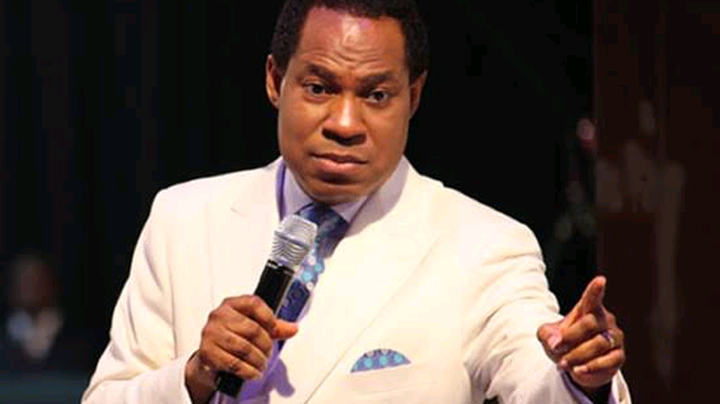Pastor Chris Oyakhilome, founder and president of LoveWorld Incorporated, has once again cast doubt on widely accepted global statistics—this time challenging the authenticity of world population figures. According to him, the numbers presented to the public are not grounded in any scientific method but were arbitrarily created and distributed by powerful global interests.
In a passionate message to his congregation, Oyakhilome said he had personally conducted research into how global population figures were determined and concluded that the data was falsified.
“I raised the question—how did they come about the numbers?” he asked. “Because I did my own research. I found out they lied. It was based on nothing. Absolute nothing. No scientific estimates were used. Nothing.”
Oyakhilome criticized global institutions for what he described as “crazy stuff,” alleging that population data was not collected or calculated using credible demographic methods but rather invented to suit a particular agenda.
“They created the number they wanted and then broke it down to the smaller figures and appointed numbers to nations. That’s all they did,” he claimed. “Who would have believed that was what they would do? Who would have thought so?”
This is not the first time the influential pastor has questioned global narratives and data. In the past, he has taken controversial stances on issues ranging from health policies to climate change, calling on his followers to approach mainstream information with skepticism.
“There was no scientific method whatsoever,” Oyakhilome insisted. “They don’t have the workforce. They don’t have the system. And yet they expect you to believe it.”
He further alleged that he had previously provided this information to the public but that many chose to ignore it or were too trusting of international organizations.
“And I gave you the information,” he reminded his audience, reinforcing his belief that the truth had long been available for those willing to investigate.
While most demographers and global agencies like the United Nations and World Bank stand by the integrity of their data—explaining that population estimates are based on censuses, birth and death rates, migration patterns, and satellite imagery—Oyakhilome’s remarks suggest a deeper distrust of these systems and those who control them.
“This isn’t just about numbers,” he warned. “It’s about controlling narratives, steering decisions, and shaping what people believe about the world they live in.
Find Verified News At Your fingertips Click The Button Below

